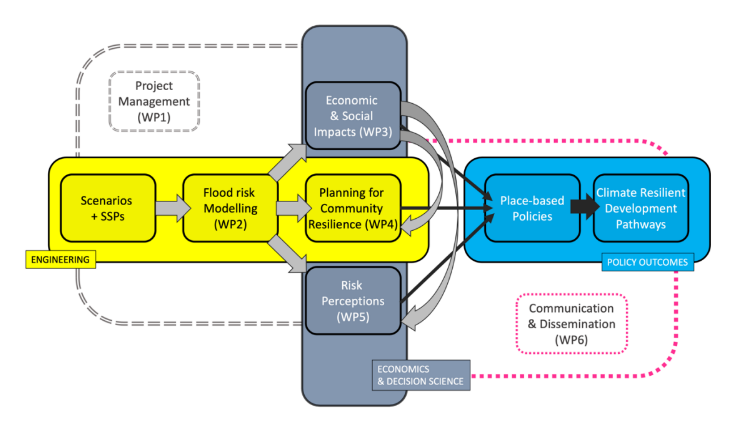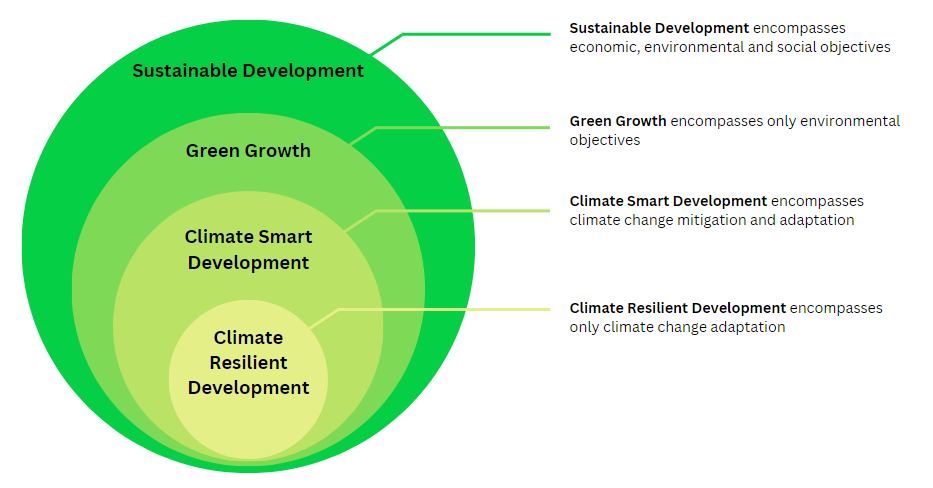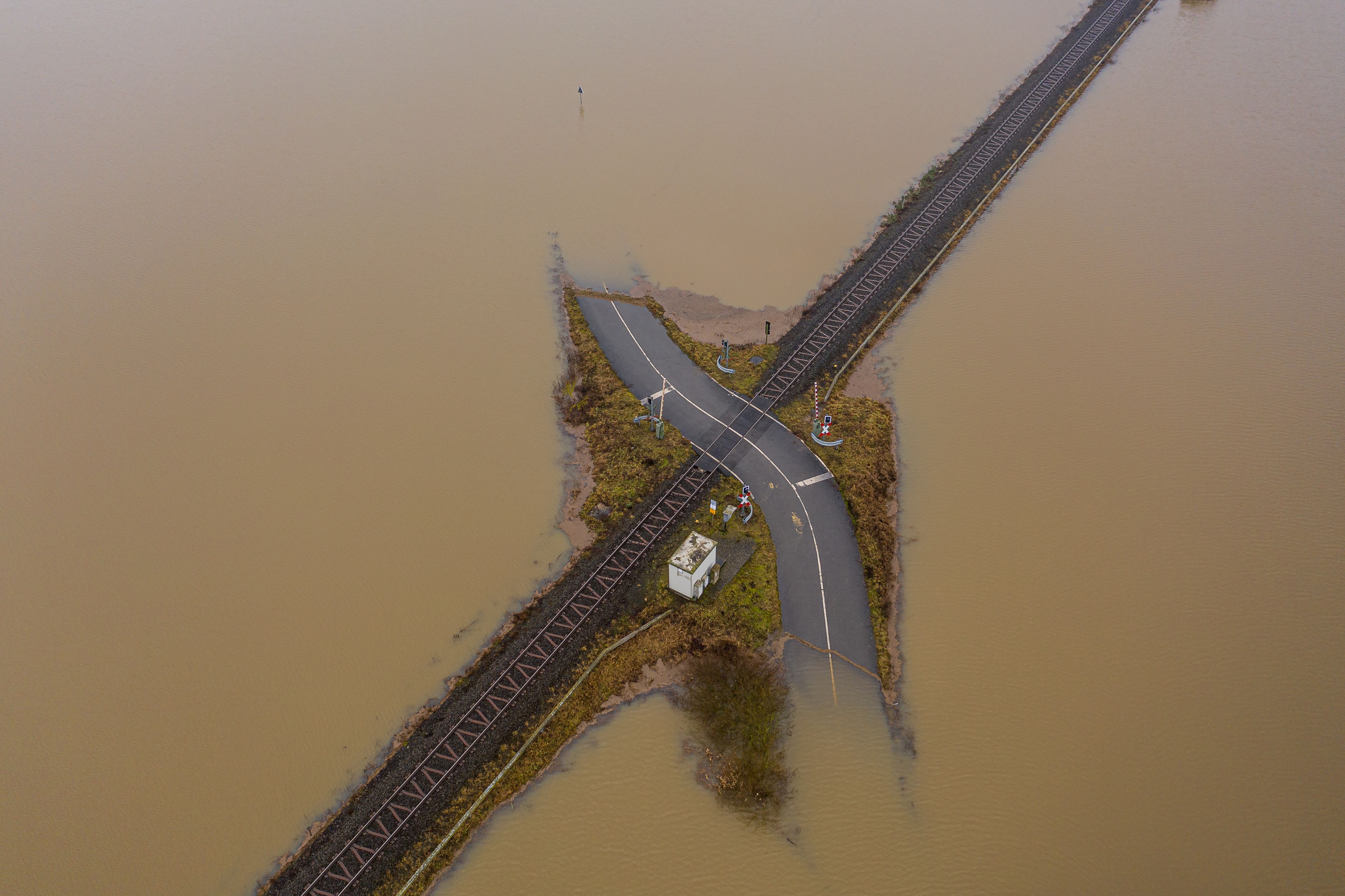Climate Resilient Places

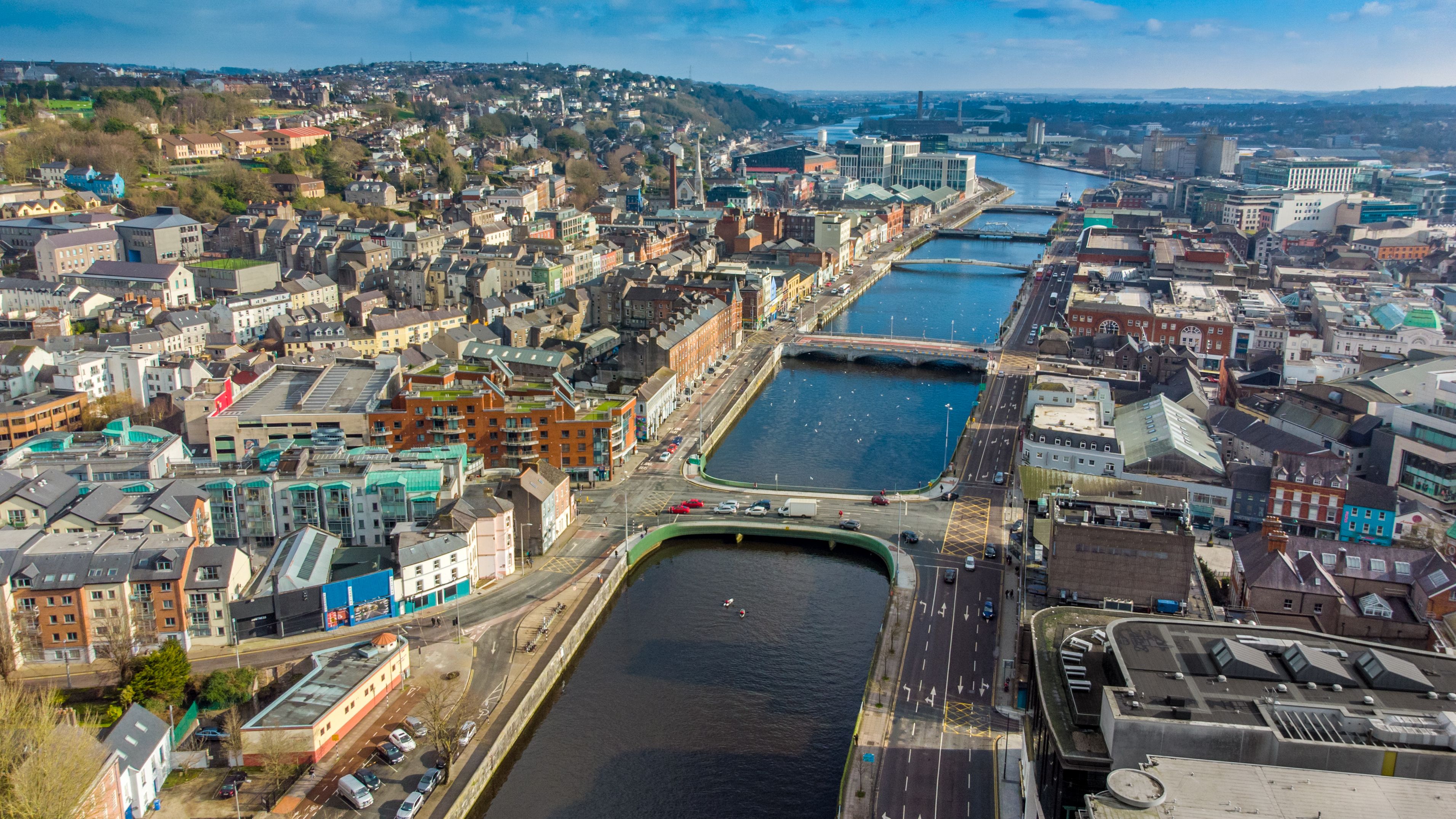
Background
There is an urgent need globally, regionally and locally to identify Climate Resilient Development Pathways. This involves integrating climate mitigation and especially adaptation policies into other social, economic and environmental considerations.
Climate change threatens to undermine sustainable development, while potentially reinforcing inequalities locally and internationally. At the same time, particular patterns and forms of economic development will have a large bearing on attempts to mitigate climate change, while altering exposure to current and future climate risk. This interplay between economic development and climate change is at the heart of the concept of Climate Resilient Development.
The Climate Resilient Places research project aims to develop our understanding of future climate risks, specifically flood hazards, at a highly-local level in Ireland.
Introducing the Climate Resilient Places research project
Climate Resilient Places (CRePs) is a two-year research project, funded by the Environmental Protection Agency (EPA) and the Department of Transport. The project is led by researchers at the Centre for Economic Research on Inclusivity and Sustainability (CERIS) and involves interdisciplinary collaboration between economists, engineers and psychologists at the University of Galway. The project directly addresses a number of the UN’s Sustainable Development Goals.
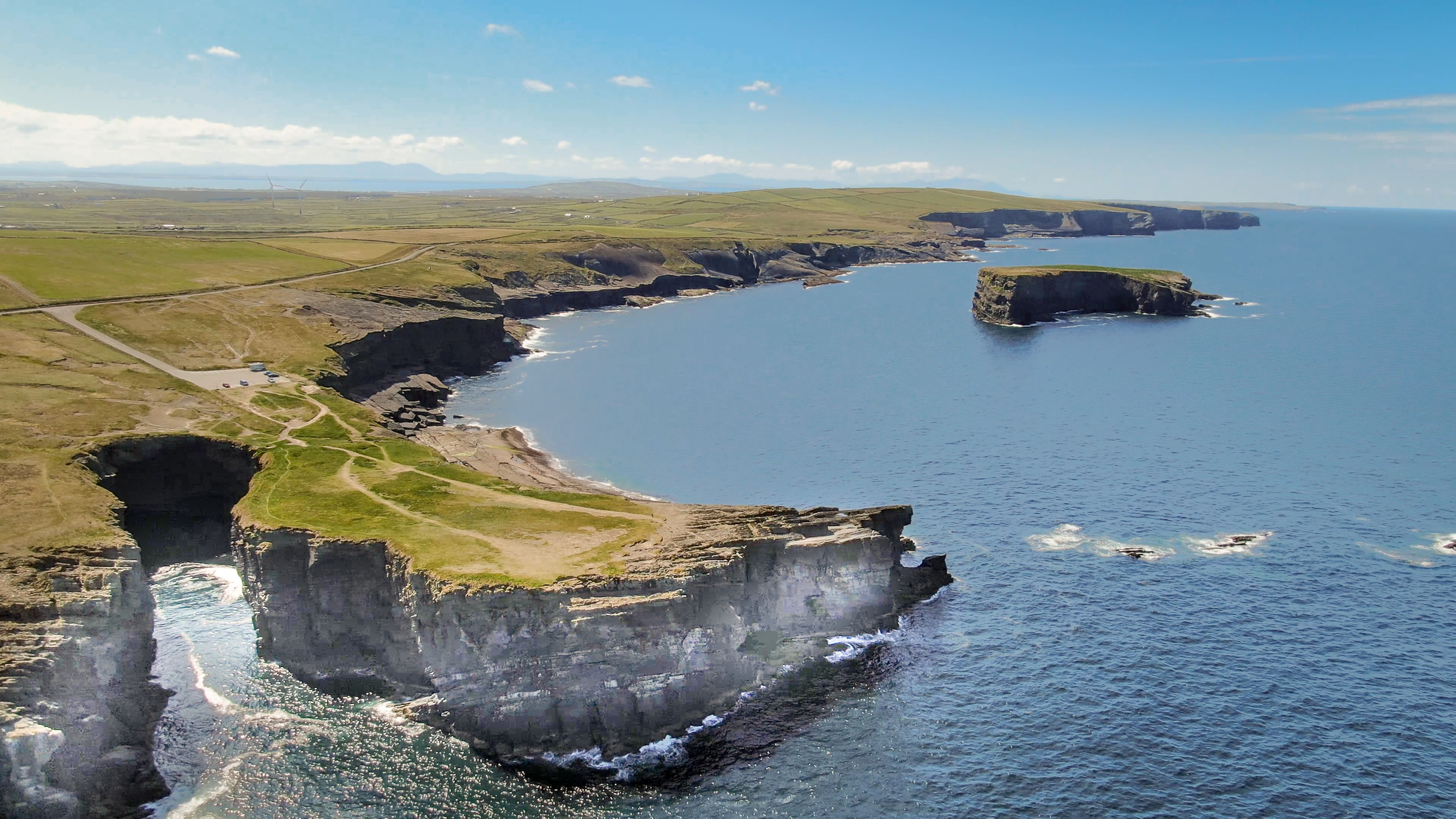
Project Aims
To develop new evidence on climate risks and impacts for a range of future climate scenarios.
Our analysis will focus on the context of flood risk in the city of Cork. Advanced numerical modelling will is used to map flood risk at a highly-local level. New data on risk is combined with economic analysis to provide a better understanding of the effects of climate change: this includes the cost of flooding as well as the distribution of flood risk across socio-economic groups within the city.
To inform policy on climate and development, particularly encouraging policies on climate resilient development pathways.
Our research involves analysis of how flood risk interacts with planning policies, economic and spatial development plans, and community development. We analyse the interaction between climate change adaptation and mitigation policies, and their social, economic and environmental objectives. This leads to the identification of co-benefits and trade-offs at a highly local level.
To establish best practice for presenting flood risk and set a standard for future risk communication.
Our project develops new evidence on priorities, preferences and risk appetites of individuals and communities. We examine these with a view to inform our understanding of how climate risks are perceived and valued. Our research also assesses how risk perceptions are informed by risk information and the methods used to communicate those risks.
Defining Climate Resilient Development
The primary objective for climate resilient development is to achieve social or economic development, simultaneously improving the standard of living and wellbeing of a community. This is achieved through economic and social change. Climate resilience is the theory that acknowledging and considering climate risk will ensure the longevity of our gains in these other areas.
Resilience here refers to the capacity for self-preservation; to cope with changing circumstances and recover from shocks. When it comes to climate resilient development, this refers to development that has the capacity to withstand the changing climate and associated disasters that we are now experiencing. Development is climate resilient if it accounts for both current risk and the uncertainty of future risks as climate change progresses.
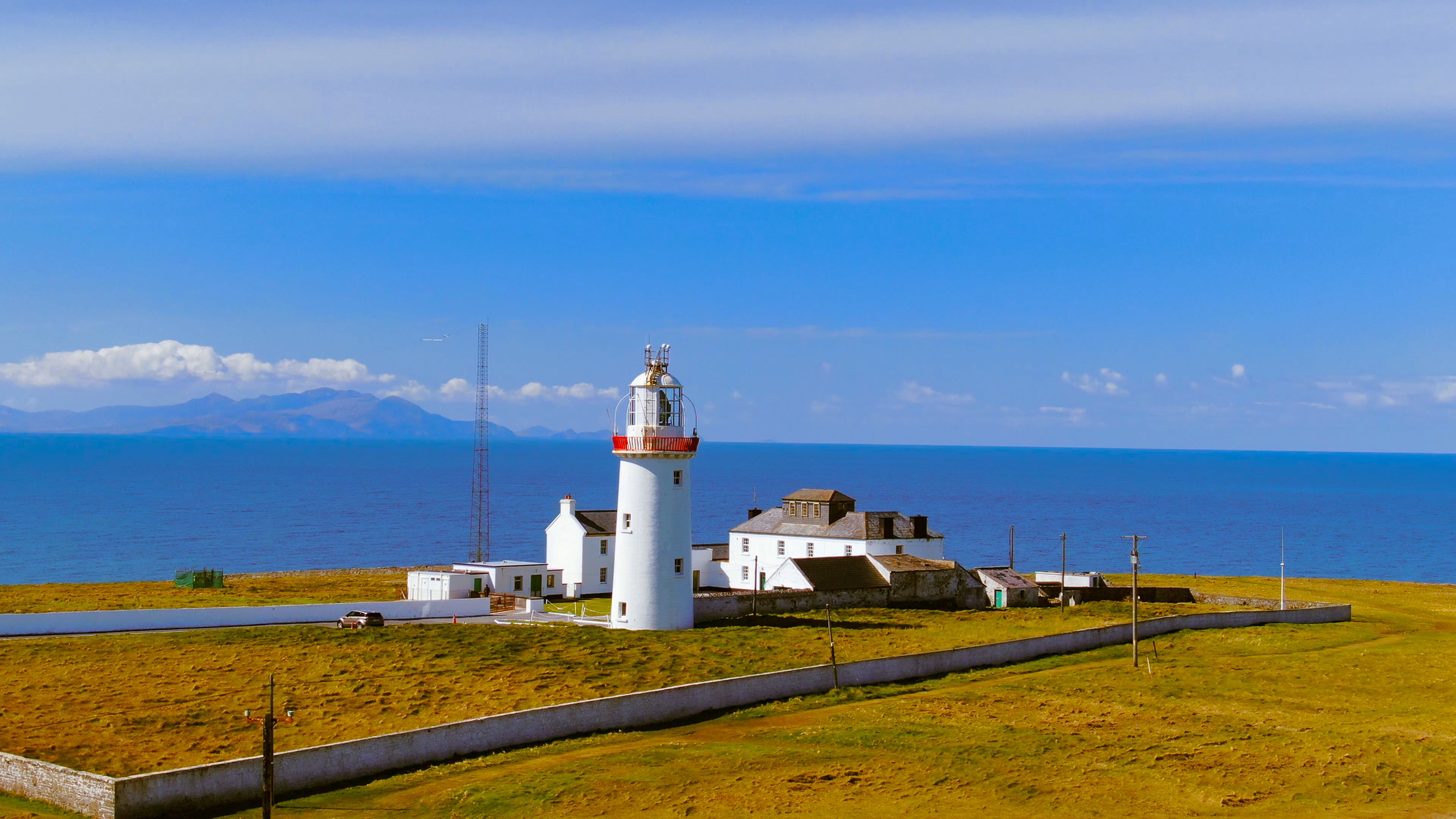
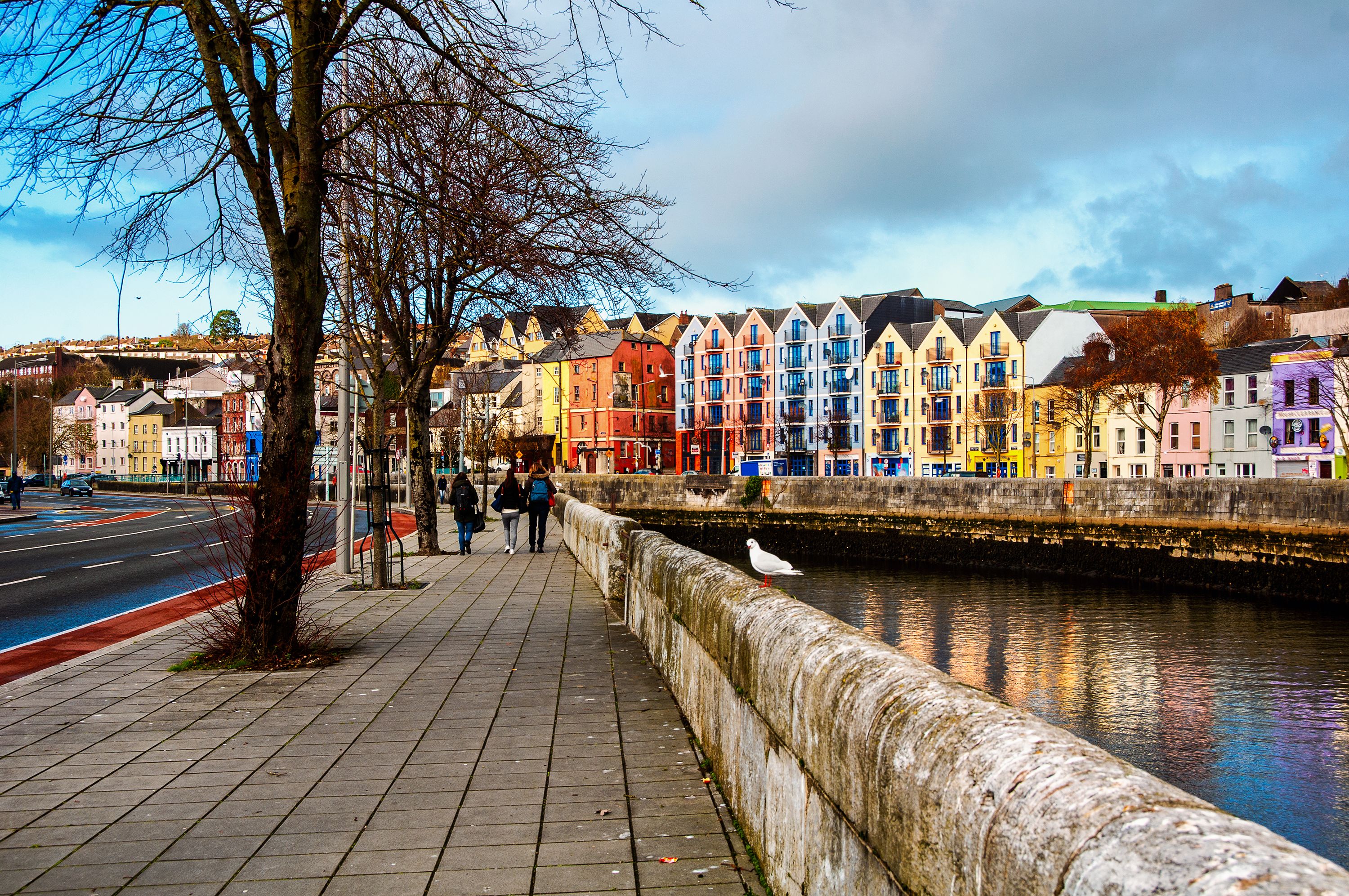

Case studies
The Climate Resilient Places research project performed two case studies in two different settings within Ireland.
Cork City
This urban area faces considerable flood risk, from a combination of tidal and fluvial (river) flooding, and these risks are predicted to increase in the future. Cork is also a rapidly growing city with plans for a substantial expansion of the urban population in the coming decades. Cork city is used as the setting for a range of analyses including flood risk modelling, mapping, and risk analysis work for a variety of future climate scenarios. New risk maps have been produced and these were used to assess how the overall costs of flood risk, and the distribution of those costs across locations and communities within the city, varies for different future climate scenarios.
Cork City 1-in-100-Year Flood Flyover
Loop Head (Co. Clare)
This largely rural community in the west of Ireland faces a distinct set of challenges and opportunities in relation to social and economic development of the area and how these interact with issues of sustainability and climate resilience. Coastal flood risk is relevant to the area, and climate policies more generally are likely to play a part in determining the future of the region. Industries such as tourism and farming will also need to be considered as they are important sources of employment. Community consultation work is being undertaken in partnership with the Loop Head Together community group, to understand how locals weigh climate resilience and sustainability alongside other priorities for the community.
Impact
Our research conducted as part of this project will impact Irish policies on climate change. Specifically, it will encourage the joint consideration of climate adaptation alongside a range of other policies including economic and spatial development policy, planning and community or place-based policy.
The research will improve understanding of climate resilience, extreme weather risks and how these risks are perceived and valued.
Our project will encourage climate resilient development, which will contribute to economic and social gains that are preserved by addressing climate risks.
Ultimately, the project’s results will be used to develop evidence based, community-led approaches to climate resilient development pathways across Ireland
Climate Resilient Development does not exist without economic and social development. Hence, the climate resilient model facilitates improvements to wellbeing.
Economic growth is a focus of Climate Resilient Development. Additionally, the longevity of these gains is ensured by the adaptable nature of climate resilience.
By building sustainability and adaptability into existing development projects, climate resilience works to improve welfare and reduce inequalities.
Climate Resilient development is adaptable and flexible, ensuring that gains are sustainable, creating cities and communities with longevity.
Climate resilient Development has a focus on combatting the impacts of climate change, and improves our capacity to withstand extreme weather events.
People



Datasets
Will be updated as they are produced
Media / Press
Presentations
Reports and papers
This list will be updated as they are produced
(click the button above to access the papers listed here)
- Moradian, S., L. Coleman, B. Kazmierczak, A.I. Olbert (2023). How to choose the most proper representative climate model over a study region? A case study of precipitation simulations in Ireland with NEX-GDDP-CMIP6 data. Water Resources Management. https://doi.org/10.1007/s11269-023-03665-z
- Moradian, S., G. Iglesias, C. Broderick, I.A. Olbert (2023). Assessing the impacts of climate change on precipitation through a hybrid method of machine learning and discrete wavelet transform techniques, case study: Cork, Ireland. Journal of Hydrology: Regional Studies 49(2023)101523.
- Olbert, I.A., S. Moradian, S. Nash, J. Comer, B Kazmierczak, R.A. Falconer, M. Hartnett (2023). Combined statistical and hydrodynamic modelling of compound flooding in coastal areas - Methodology and application. Journal of Hydrology 620(2023)129383.
- Moradian, S., I.A. Olbert, S.Gharbia, G. Iglesias (2023). Copula-based projections of wind power: Ireland as a case study. Renewable and Sustainable Energy Reviews 175(2023)113147.
This project was funded by the Irish Environmental Protection Agency (EPA) and the Department of Transport (DoT), and ran from ran from June 2022 - December 2024. Researchers from the Centre for Economic Research on Inclusivity and Sustainability (CERIS) and the JE Cairnes School of Business and Economics lead the project in close collaboration with colleagues in the Schools of Engineering and Psychology at the University of Galway.
#PurposePeoplePlace

